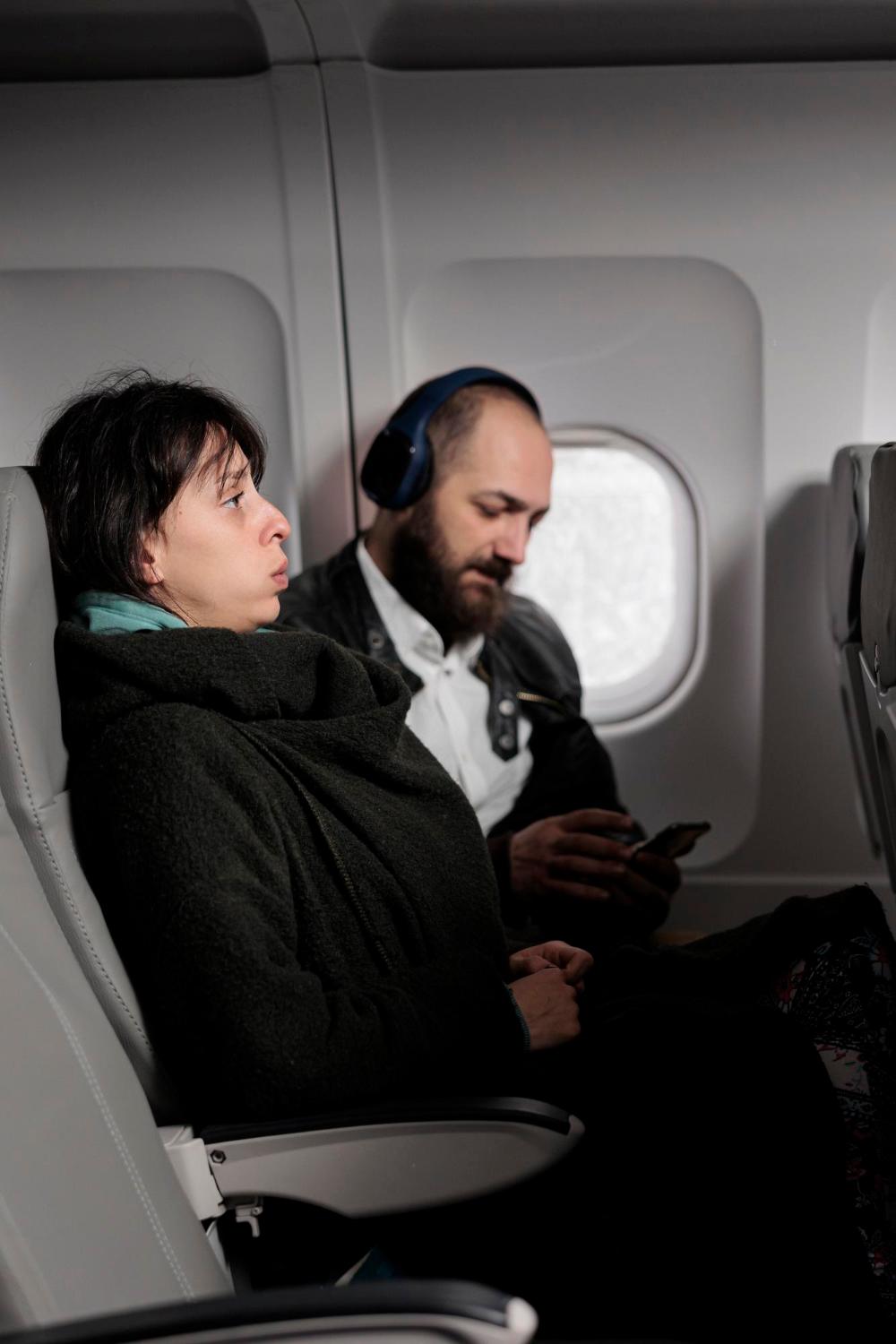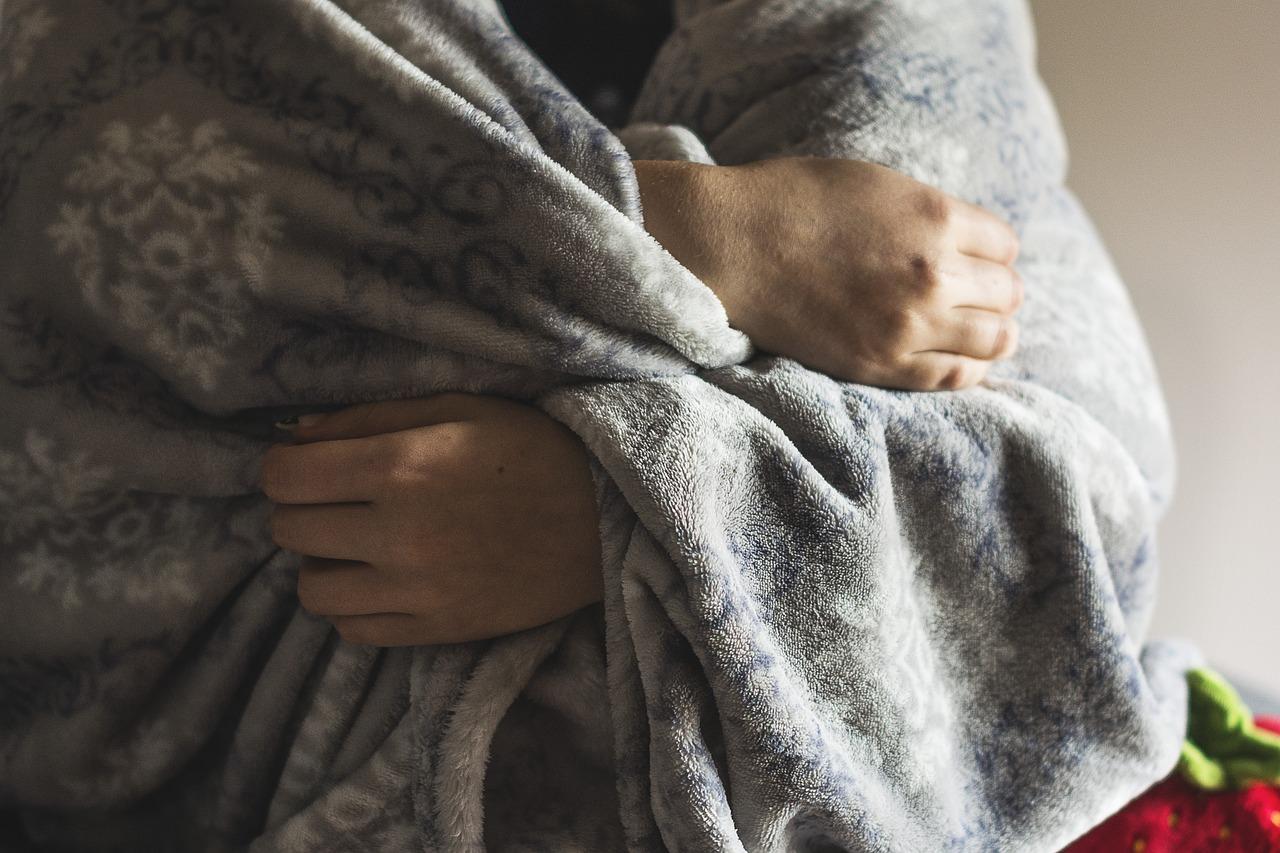Do you ever wonder why aeroplane cabins are so cold, that every time you board you have to reach out for extra layers just to stay warmer and more comfortable?
Well, one thing you probably have yet to think about is that it is not always about comfort and warmth when flying.
There are more important reasons why the cabin has to be kept cool, and these reasons are for the well-being of everyone on board.

The first and one of the primary reasons why it is so cold in aeroplane cabins is temperature regulation, especially in high altitudes. At cruising altitudes, which aeroplanes fly, the temperatures can go all the way down to -70 degrees Fahrenheit.
This means the cabin temperature should be cool to mild, usually set at 70 to 75 degrees Fahrenheit, to create and maintain a comfortable environment.
As mentioned above, the cabin has to be kept at cool temperatures to ensure proper regulation and maintain comfort throughout the flight. However, the low temperatures also help prevent some health issues.
For example, the cool environment helps reduce fatigue and drowsiness, allowing passengers and the crew to stay alert throughout the flight. With the cabin being cold, the body can stay hydrated for longer too, which also reduces the risk of dehydration.
This, in turn, reduces the risk of health issues caused by dehydration, such as headaches, feeling weak, muscle cramps, and dizziness, ensuring everyone remains comfortable and healthy.
Another reason why aeroplane cabins are cold is for air circulation and safety. Typically, air is heated up and supplied through the engine compressors. So air conditioning systems are set to cool the air down and prevent the cabin from heating up.
This cooling effect might make it feel quite chilly in the cabin, especially if you happen to sit near a vent.
Warm, stagnant air in aeroplanes can become a breeding ground for bacteria. Maintaining cooler temperatures can help in reducing the spread of infections.
Keeping the cabin cool and maintaining good air circulation minimises the risk of airborne infections, contributing to the overall health and safety of passengers. This is especially important in the confined space of an aircraft, where passengers are seated close to one another for extended periods.
Airline cabins are kept cool to cater to the preferences of the majority of passengers. While some may find it too cold, others may find it just right. It is easier for passengers to add layers of clothing, such as sweaters or blankets to keep warm, than it is to cool down if the cabin is too hot.
Besides, most airlines provide blankets to help passengers stay warm and comfortable.
Maintaining a cooler temperature in the cabin can also be more energy-efficient. The process of cooling air that has been heated by the engines is more straightforward and less energy-intensive than heating the air further.
This efficiency helps airlines manage fuel consumption better, ultimately benefiting operational costs. It also helps reduce the impact of air travel on the environment by conserving fuel and reducing greenhouse gas emissions.
Flying in a cold cabin can be uncomfortable if you are not prepared. Here are some practical tips to help you stay warm and cosy during your flight;
Wear multiple layers of clothing to easily adjust to the temperature. For example, you can start with a base layer like a long-sleeved shirt, add a sweater or sweatshirt, and then top it off with a jacket or cardigan. This way, you can add or remove layers as needed to stay comfortable.
Pack a travel blanket or a large scarf in your carry-on bag. These items are versatile and can provide extra warmth. For example, you can wrap the scarf around your neck or use it as an additional blanket. A travel blanket is also lightweight and easy to carry.
Cold feet can make the entire flight uncomfortable. Wear warm socks and choose comfortable shoes that you can easily slip on and off. Compression socks are also a good option as they can improve circulation and keep your feet warm.
Most airlines provide blankets and pillows for passengers. If you feel too cold, don't hesitate to ask the flight attendants for an extra blanket. Use the pillow to support your neck and head for anextra layer of comfort.
Staying properly hydrated helps regulate your body temperature. Avoid consuming any foods or drinks such as excessive caffeine and alcohol that can contribute to dehydration. Instead, opt for more water.



If you want the latest information on the best Hotel Executive Club Lounges, Hotel Kids Clubs and other travel information, be sure to sign up for our free newsletter full of tips and great travel ideas.